Europe is experiencing record-breaking warm winters, impacting traditions and even leading to the early closure of ski resorts. These changes in climate patterns are not confined to Europe alone.
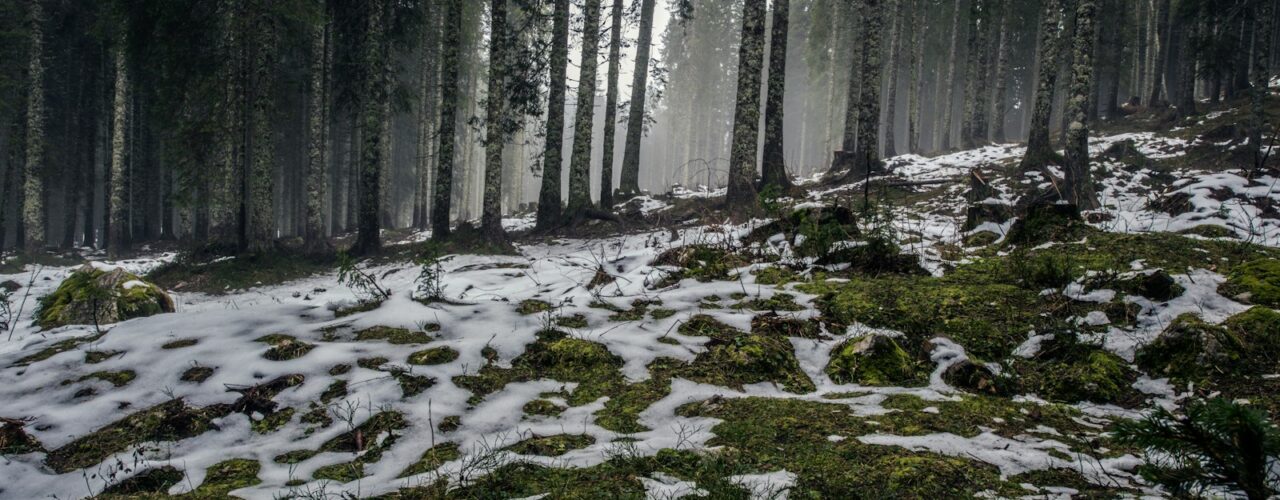
In India, particularly in the Himalayan region, the absence of snowfall is causing concern among tribal communities who have resorted to constructing artificial glaciers to address water scarcity. The dry spell in India, exacerbated by a decline in the intensity of extratropical storms known as western disturbances, is not only affecting agriculture and water availability in the mountains but also disrupting the traditional precipitation patterns.
So what?
The lack of snowfall and rainfall in North India, including states like Himachal Pradesh and Uttarakhand, is impacting Rabi crops and water sources vital for both agriculture and human consumption. Additionally, the decreasing intensity of western disturbances is causing rainfall deficits in these regions. The repercussions extend to South India, with states like Telangana and Karnataka experiencing large rainfall deficits, partly attributed to anomalies in the El Nino pattern.
This interconnected chain of events has a potential global impact on food security. The changes in weather patterns and disruptions in agricultural yield could result in potentially further export bans on part of producing nations such as India which could have devastating impacts on the food supply, health and economy of import-dependent nations.
Sources
-
 To beat water shortage, these youths in Kinnaur’s cold desert created artificial glacier by watching YouTube videos https://www.downtoearth.org.in/news/water/to-beat-water-shortage-these-youths-in-kinnaur-s-cold-desert-created-artificial-glacier-by-watching-youtube-videos-93895
To beat water shortage, these youths in Kinnaur’s cold desert created artificial glacier by watching YouTube videos https://www.downtoearth.org.in/news/water/to-beat-water-shortage-these-youths-in-kinnaur-s-cold-desert-created-artificial-glacier-by-watching-youtube-videos-93895 -
 Weather anomalies driven by climate change cause scanty rain, snow in post-monsoon India https://www.downtoearth.org.in/news/climate-change/weather-anomalies-driven-by-climate-change-cause-scanty-rain-snow-in-post-monsoon-india-93745
Weather anomalies driven by climate change cause scanty rain, snow in post-monsoon India https://www.downtoearth.org.in/news/climate-change/weather-anomalies-driven-by-climate-change-cause-scanty-rain-snow-in-post-monsoon-india-93745 -
 No snow in paradise: Ski resorts in Europe shut shop right at the beginning of the year https://www.wionews.com/world/no-snow-in-paradise-ski-resorts-in-europe-shut-shop-right-at-the-beginning-of-the-year-549849
No snow in paradise: Ski resorts in Europe shut shop right at the beginning of the year https://www.wionews.com/world/no-snow-in-paradise-ski-resorts-in-europe-shut-shop-right-at-the-beginning-of-the-year-549849

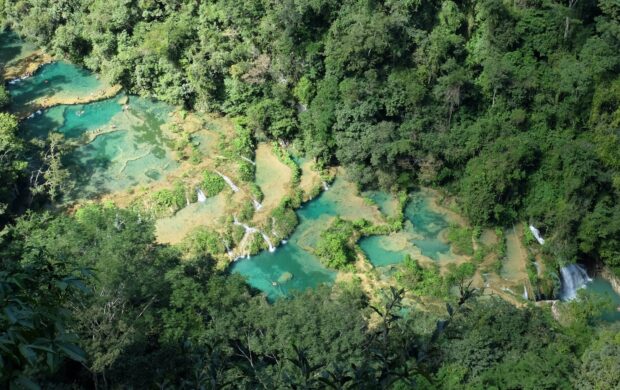
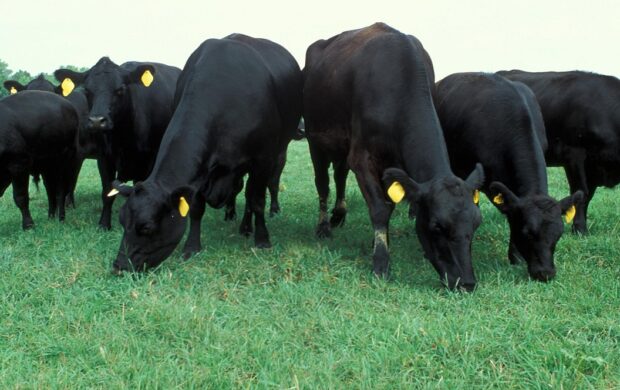

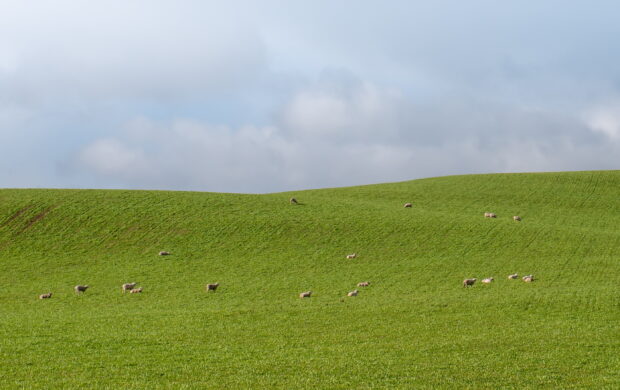
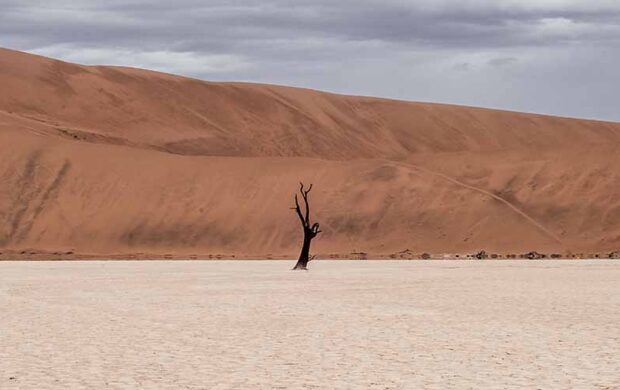

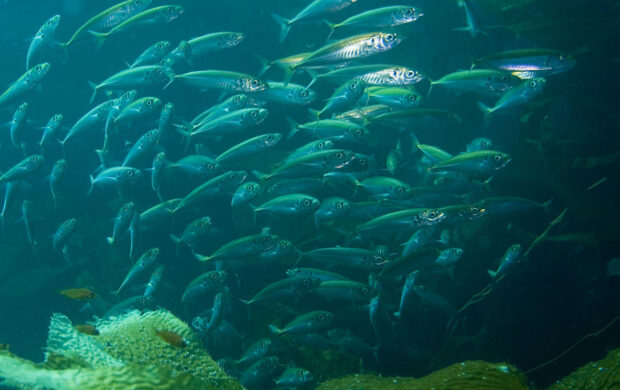
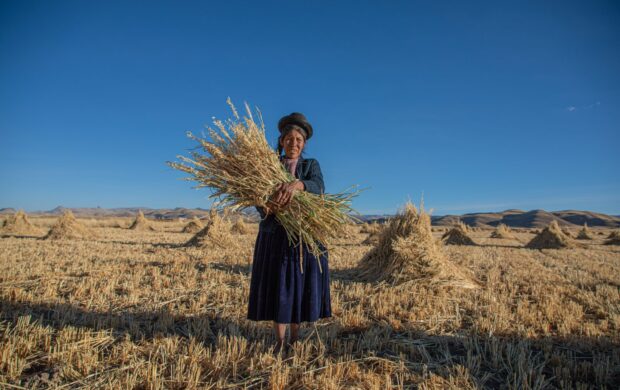
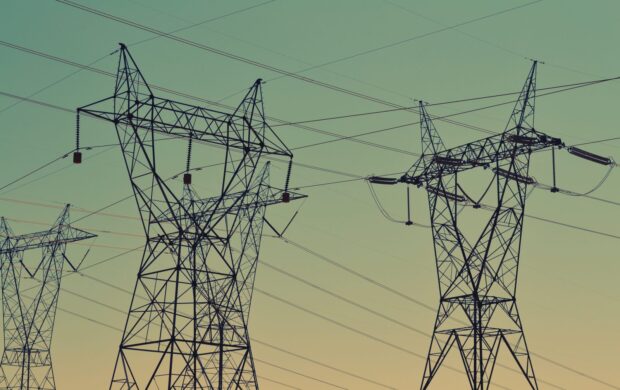
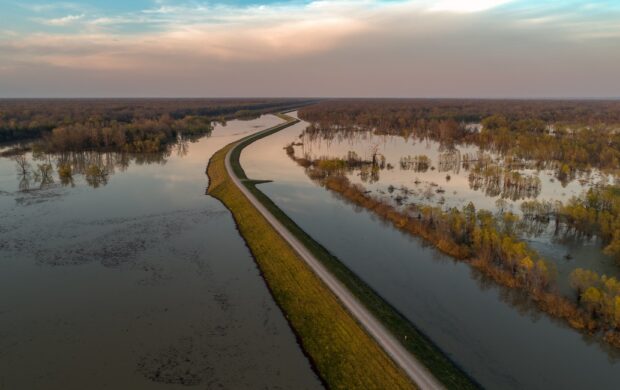

Very Nice